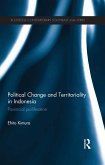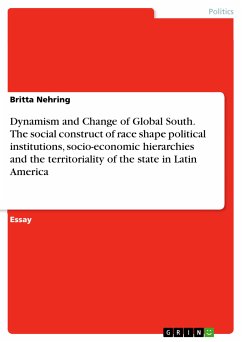Predictions that globalization would undermine territorial attachments and weaken the sources of territorial conflict have not been realized in recent decades. Globalization may have produced changes in territoriality and the functions of borders, but it has not eliminated them. The contributors to this volume examine this relationship, arguing that much of the change can be attributed to sources other than economic globalization. Bringing the perspectives of law, political science, anthropology, and geography to bear on the complex causal relations among territoriality, conflict, and globalization, leading contributors examine how territorial attachments are constructed, why they have remained so powerful in the face of an increasingly globalized world, and what effect continuing strong attachments may have on conflict. They argue that territorial attachments and people's willingness to fight for territory depends upon the symbolic role it plays in constituting people's identities, and producing a sense of belonging in an increasingly globalized world.
Dieser Download kann aus rechtlichen Gründen nur mit Rechnungsadresse in A, B, BG, CY, CZ, D, DK, EW, E, FIN, F, GR, HR, H, IRL, I, LT, L, LR, M, NL, PL, P, R, S, SLO, SK ausgeliefert werden.









